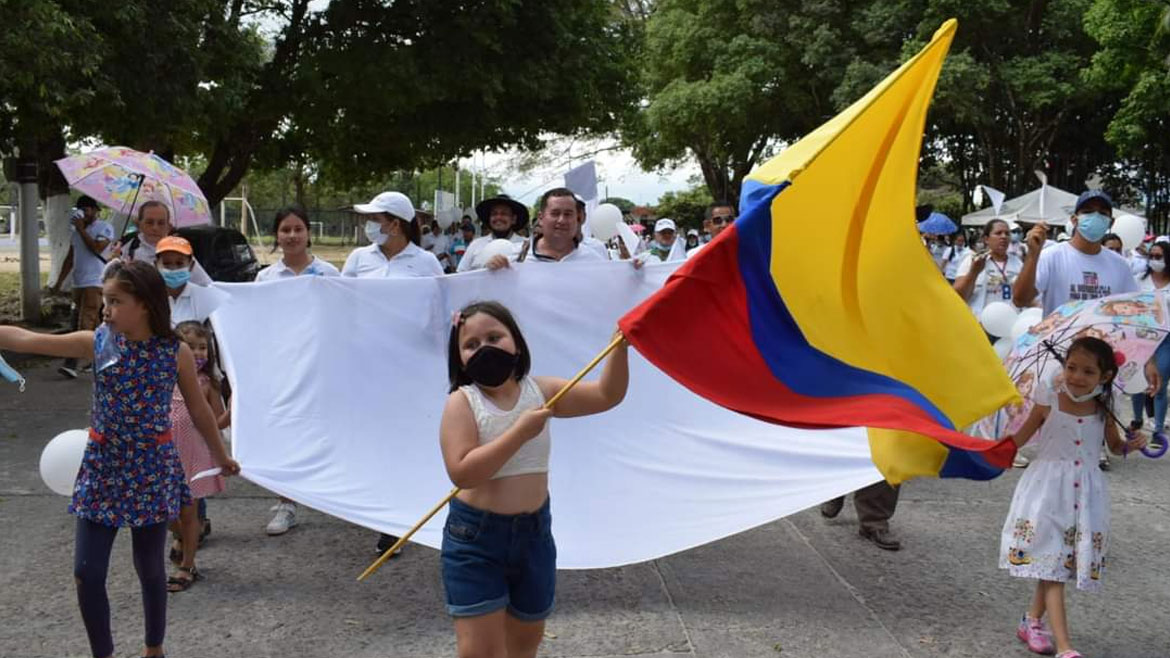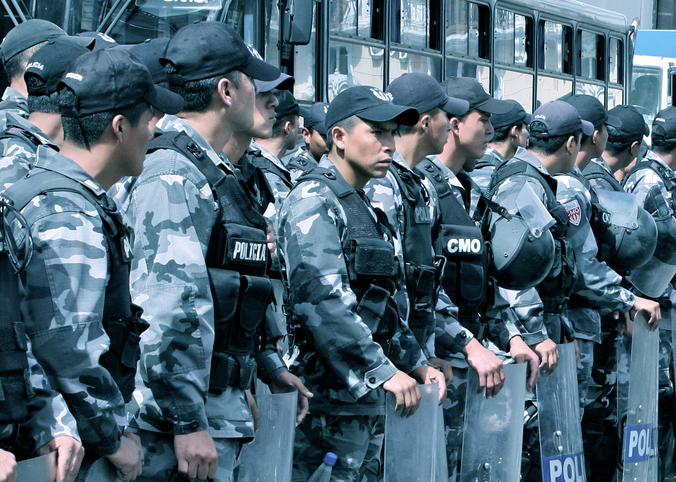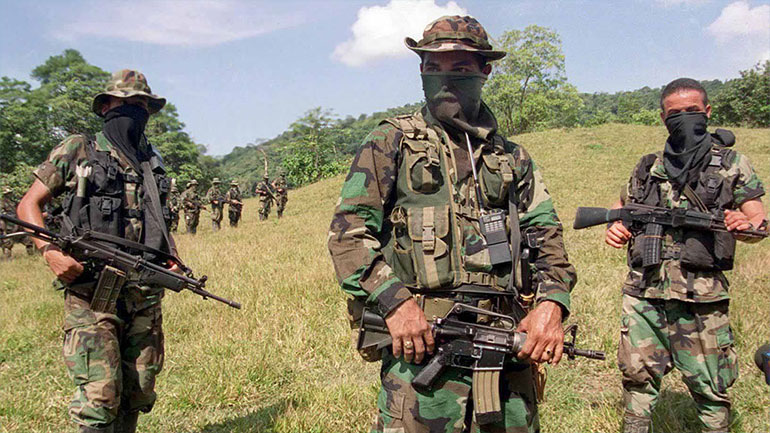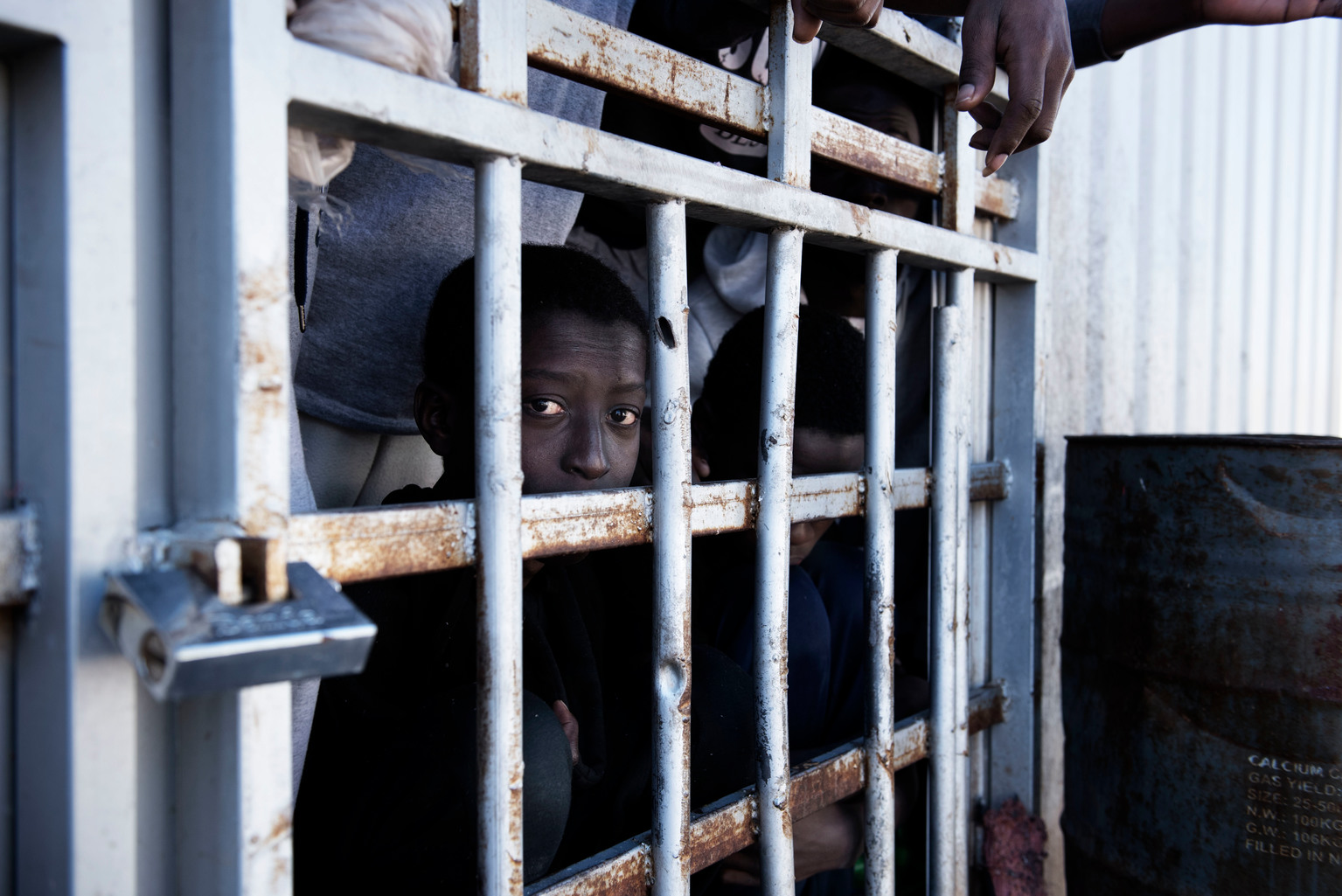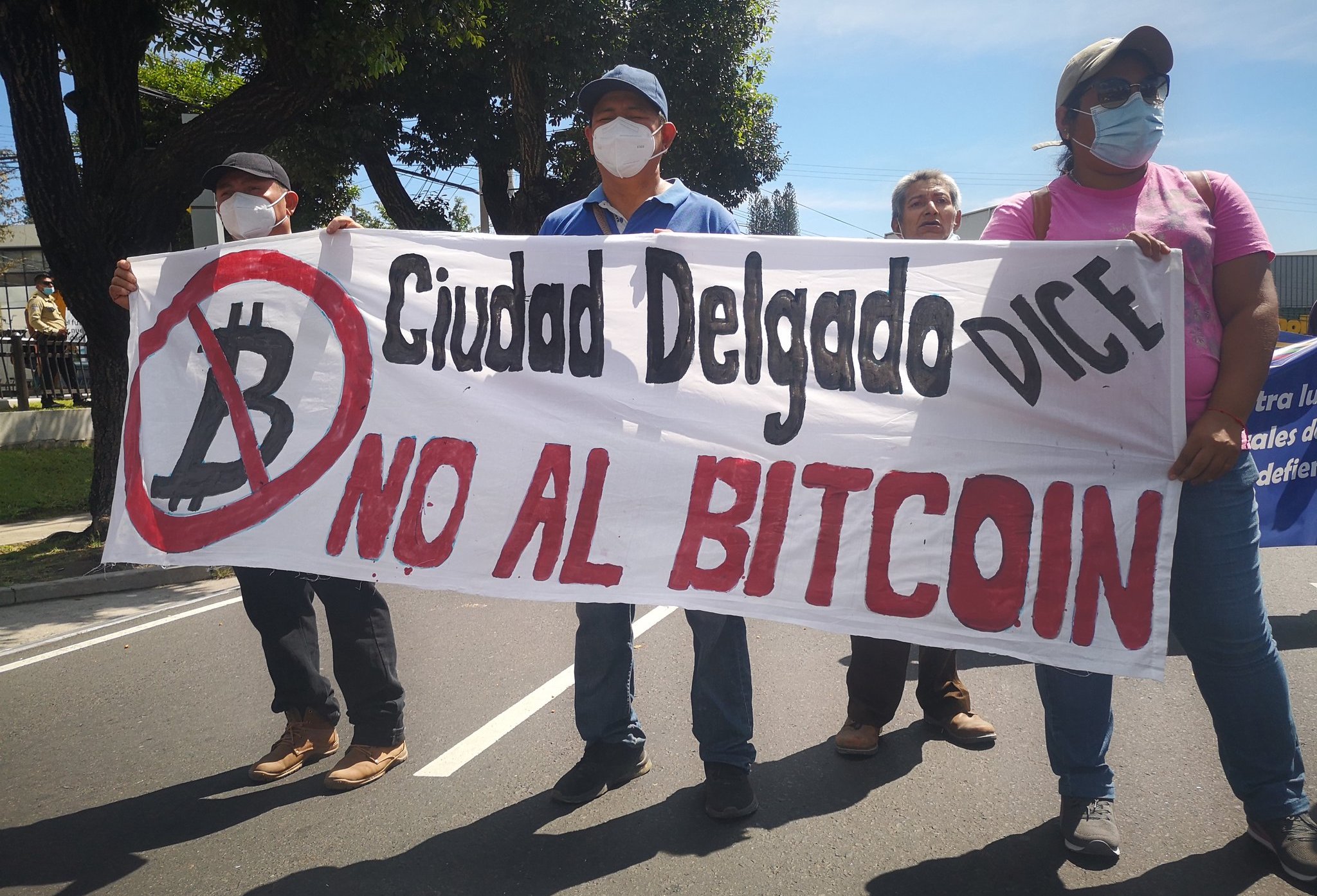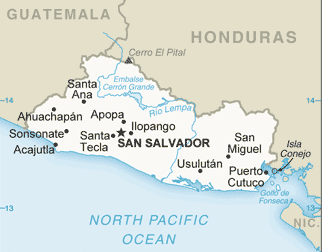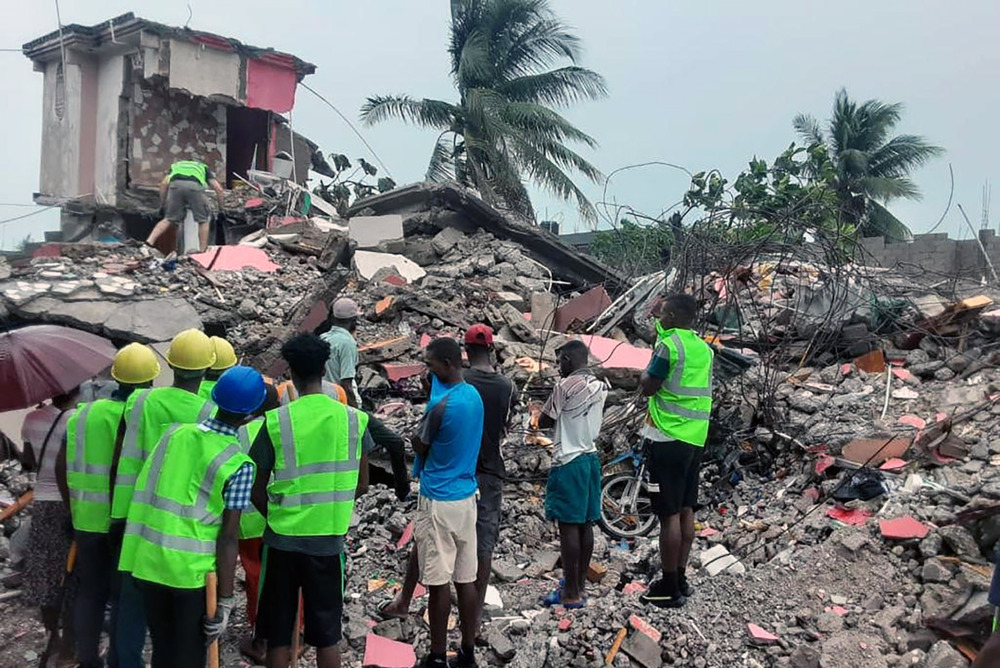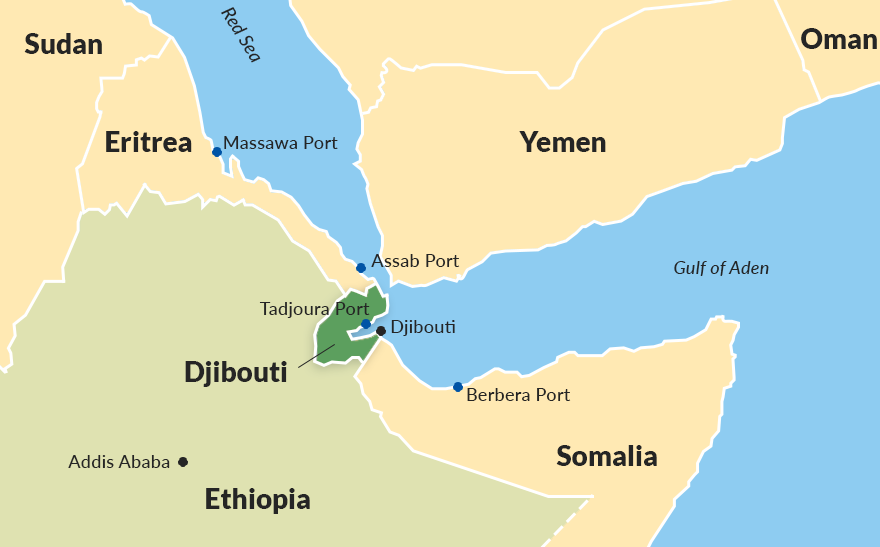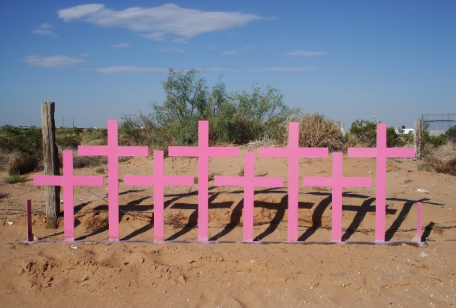
Mexico approaches 100,000 ‘disappeared’
A year-end report by Mexico’s government registered a figure of 95,000 missing persons nationwide, with an estimated 52,000 unidentified bodies buried in mass graves. The report by the Comisión Nacional de Búsqueda de Personas (National Missing Persons Search Commission) found that the great majority of the disappearances have taken place since 2007, when Mexico began a military crackdown on the drug cartels. Alejandro Encinas, the assistant interior secretary for human rights, said that there are 9,400 unidentified bodies in cold-storage rooms in the country, and pledged to form a National Center for Human Identification tasked with forensic work on these remains. He admitted to a “forensic crisis that has lead to a situation where we don’t have the ability to guarantee the identification of people and return [of remains] to their families.” (Photo via openDemocracy)



